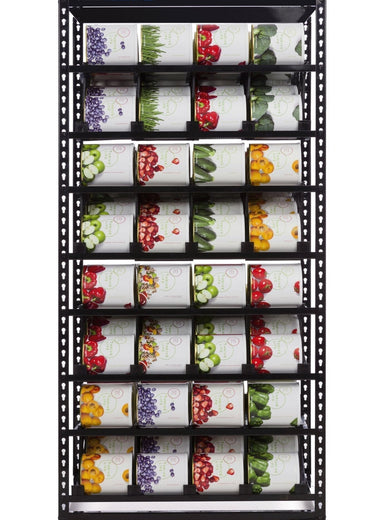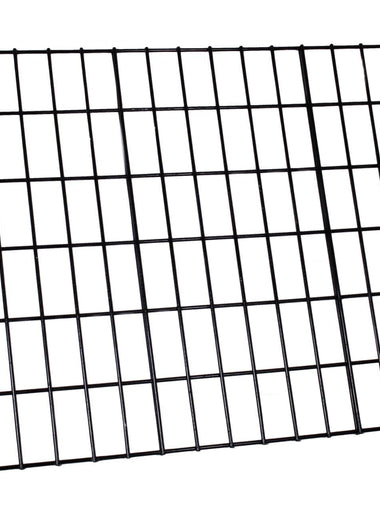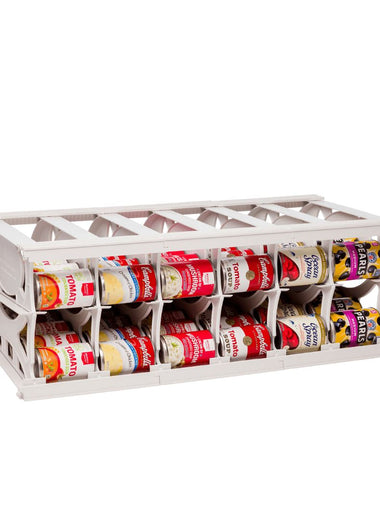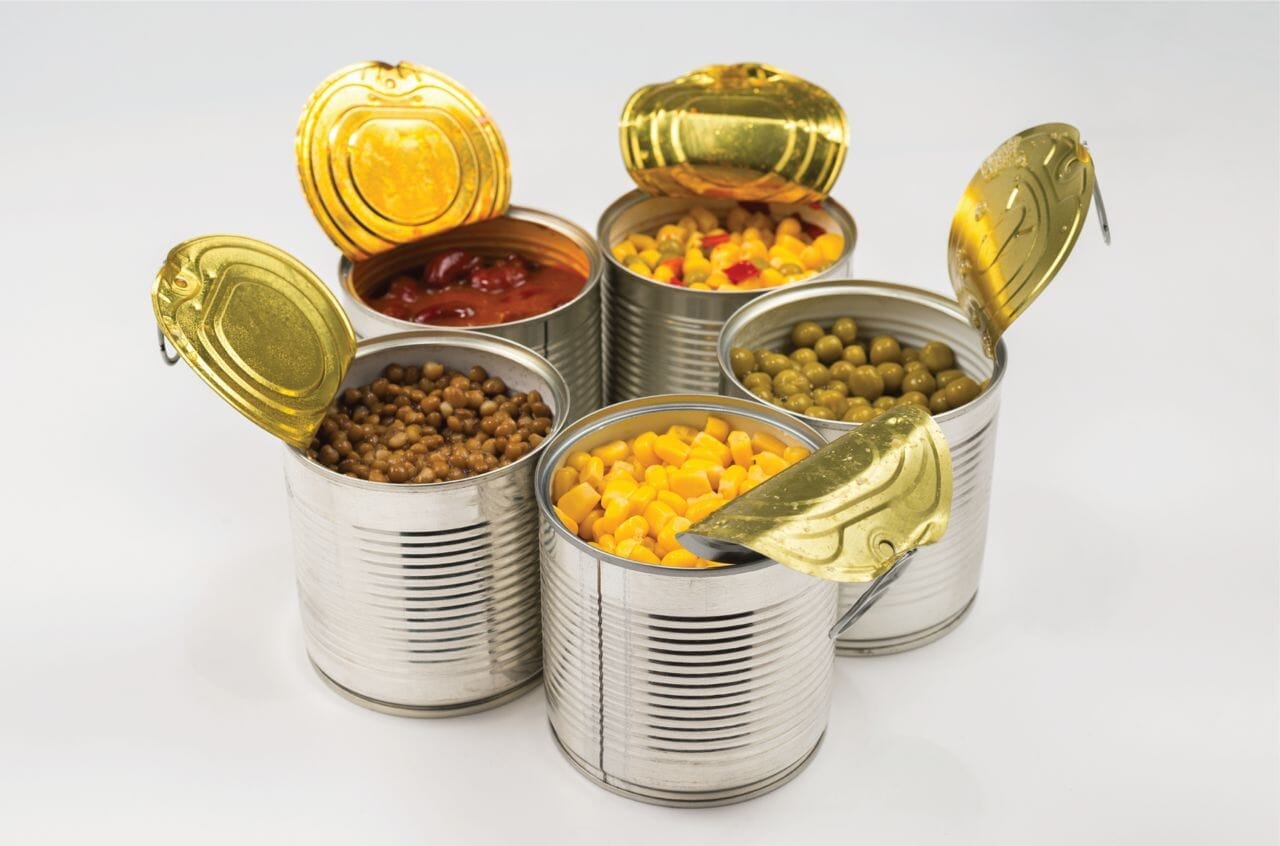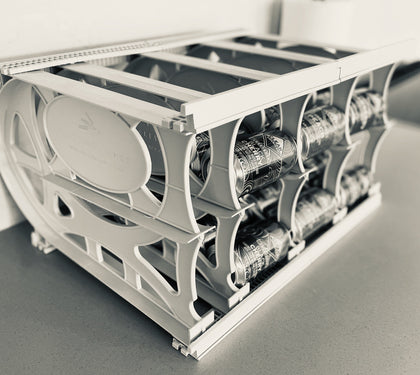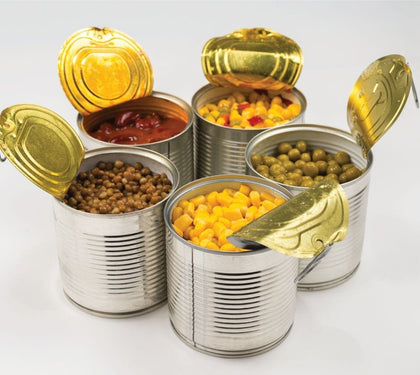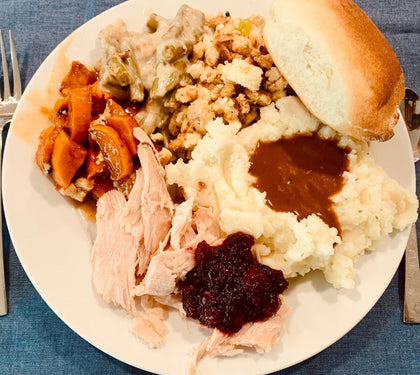Canned food storage has been a long-standing practice in emergency preparedness and long-term planning. While it's a well-established approach, some individuals and families may wonder if canned food storage is still necessary today. We think it is. Let's dive into the importance of canned food storage and why it remains a critical component of preparedness for individuals and families.
Preservation of shelf life
Canned food is known for its remarkable shelf life, often extending to 25-30 years and even beyond. The canning process effectively seals and protects the contents from oxygen, light, and microbial contaminants. According to a United States Department of Agriculture report, canned goods remain safe and nutritious for an extended period, making them reliable resources when access to fresh food is limited and essential for unexpected circumstances and emergencies.
Reliable access to nutritious food
In a disaster or emergency, access to food can quickly become a concern. Canned food provides a stable source of essential nutrients, ensuring that individuals and families can access healthy options even when local resources are disrupted. Organizations like FEMA (Federal Emergency Management Agency) emphasize the significance of having non-perishable food, including canned items, as part of an emergency kit. During unforeseen circumstances where fresh produce isn't an option, stress can be at an all-time high, which causes strain on the body and a weakened immune system. It then becomes particularly vital to have nutritious options available. Canned food can literally become a lifesaver.
Versatility in food options
Canned food storage doesn't have to be boring. Many brands offer a wide and versatile range of options, from fruits and vegetables to proteins and fully prepared meals. Individuals and families can tailor their storage to meet their dietary needs and taste preferences. The variety in canned foods ensures you can maintain a balanced and nutritious diet even in challenging circumstances. Furthermore, numerous recipes and meal ideas use canned ingredients, helping anyone to prepare tasty and satisfying meals.
Thriving through unforeseen events
No one knows when the next disaster or crisis will strike. Being prepared not only helps individuals and families but also reduces the strain on local resources. Natural disasters, economic downturns, and other emergencies can disrupt the food supply chain. In such times, substantial canned food storage helps people remain self-reliant and self-sufficient.
Conclusion
Planning, using, and maintaining canned food storage remains necessary for individuals and families looking to enhance their preparedness and resilience in emergencies and crises.
The extended shelf life, reliable access to nutritious food, versatility in food options, and remaining healthy and strong during unforeseen events are compelling reasons why canned food storage should not be overlooked. Individuals and families can ensure their well-being during challenging times by creating a food storage strategy, solidifying their self-reliance and readiness for whatever may come.
The easiest way to manage and organize canned food storage is with a first in, first out Shelf Reliance rotating organizer. Whether in the cupboard, pantry, or storage room, a Shelf Reliance system ensures effective use of your inventory and delivers peace of mind.

